HLP Lab People
Faculty
T. Florian Jaeger
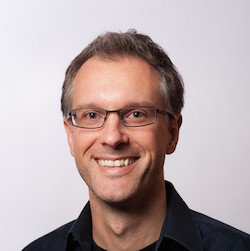
T. Florian Jaeger holds an M.A. in Linguistics and Computer Science from Humboldt University to Berlin (2001) and a Ph.D. in Linguistics with a designation in the Cognitive Sciences from Stanford University (2006). Other education includes stints at MIT, UC Berkeley, Edinburgh, and at post‐doc in psychology at UCSD. In 2007, he joined the University of Rochester, where he now is a Professor in the Departments of Brain and Cognitive Sciences, Computer Science, and Linguistics. He is an Alfred P. Sloan Fellow in the Neurosciences, and NSF CAREER recipient in Robust Intelligence.
His research focuses on the development of computational frameworks for language production and understanding. This includes research on the consequences of noise and variability (e.g., between talkers) for communication and the study of inference under uncertainty and learning in production and comprehension. This research is funded by the National Science Foundation and the National Institutes for Health. He has served as reviewer for federal funding agencies in the US, Belgium, Canada, Germany, Holland, and the European Union.
For more see my CV.
Postdocs
Andrés Buxó-Lugo
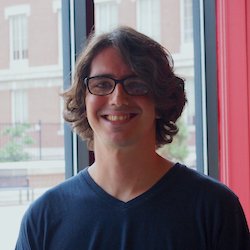
I’m interested in what speech and prosody — the rhythm, intonation, and intensity of speech — reveal about the cognitive mechanisms that underlie language production, comprehension, and acquisition. An ongoing goal of mine has been to develop computational models of prosodic production and comprehension. My latest research focuses on how listeners integrate information from a variety of (often noisy) cues, and on how people learn to understand and produce constructions that are not already familiar to them (e.g., new uses of prosody, pronunciations that are not native to their language, etc.).
Xin Xie
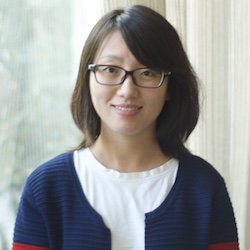
I am interested in the cognitive and neural processes underlying speech processing, in the context of native and non-native communication. I combine psycholinguistic experimentation and functional neuroimaging methods (fMRI; recently, learning to apply statistical modeling) in my research to investigate how experience-dependent plasticity occurs (perceptual adaptation, long-term L2 learning). My most current line of work investigates foreign accent adaptation and its generalization across talkers, as well as maintenance over time. Broadly, I hope to better understand how people learn and represent structured variability (e.g., talker information) in spoken languages and the neural mechanisms that support such learning and representations.
Grad students
Zach Burchill
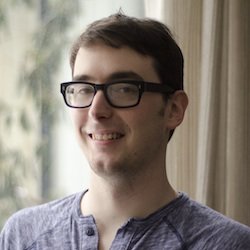
I’m interested in language adaptation, production, and comprehension, but I haven’t narrowed my focus much as of yet. Other areas that have caught my curiosity include binomial word order, text-setting, and synchronous speech.
Wednesday Bushong
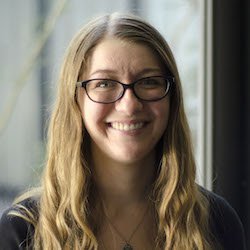
I’m interested in prediction, learning, and adaptation during language comprehension. One current line of my research investigates whether people learn abstract linguistic constraints through prediction error-based learning. I’m also interested in how expectations about upcoming words influence the detail with which we maintain representations about the current input.
Shaorong Yan
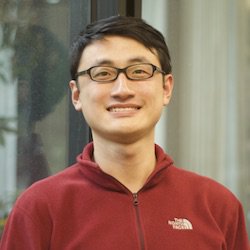
I’m interested in predictive processing of language. More specifically, I’m interested in when and how people translate higher-level predictions into expectations about lower-level features. Besides, I’m also interested in how people adjust those higher- and lower-level expectancies in the face of unexpected information in the current context (i.e. adaptation). My other interest includes how prosodic information is used in language processing, both in speech and in silent reading.
Current Undergraduate RAs

